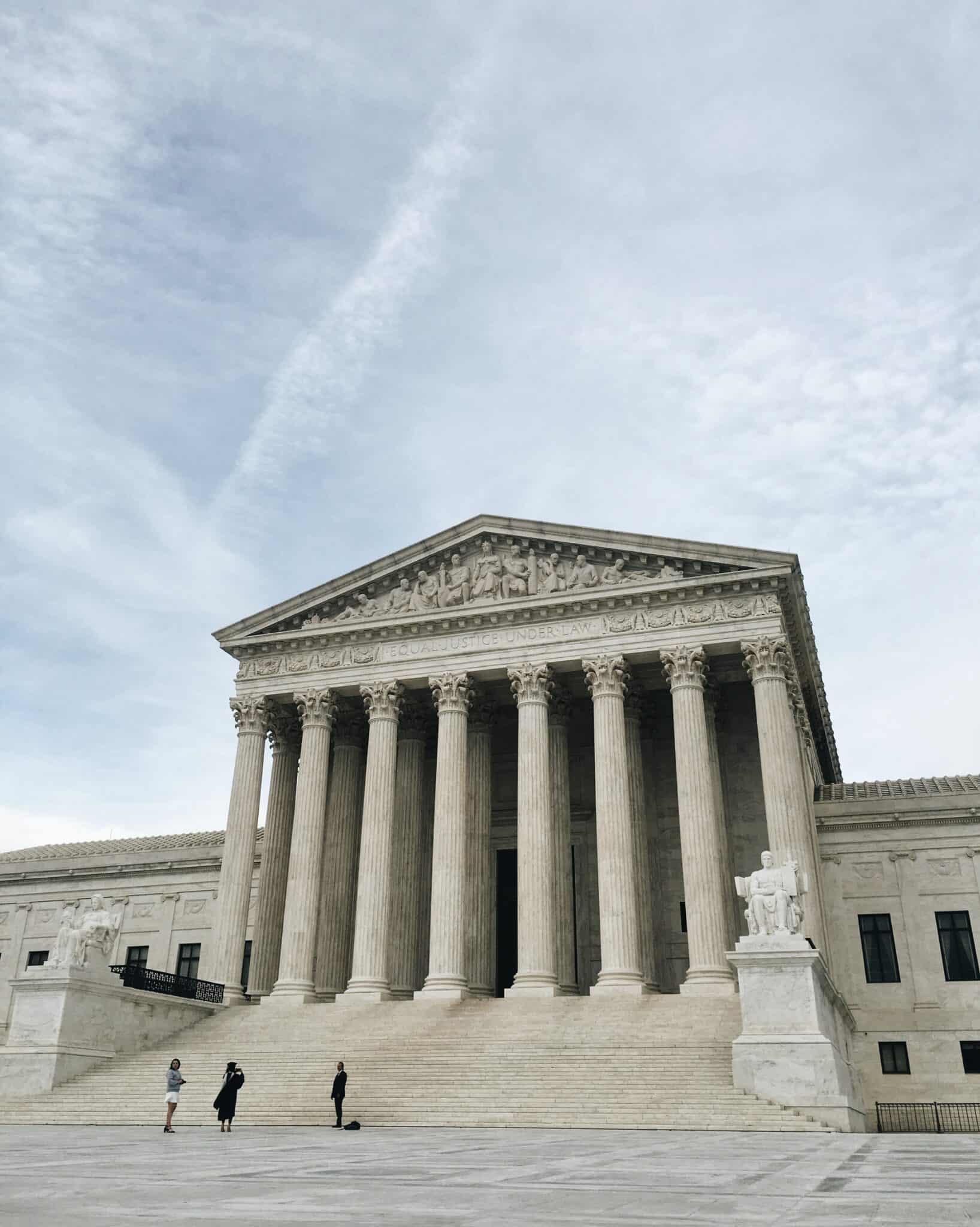Hannah Finnie is a writer in Washington, D.C. interested in the intersections of work and culture. She is a graduate of Harvard Law School.
Minneapolis teachers and staff are on day nine of their strike over higher, equitable pay and creating more protections for teachers and staffers of color. Black teachers and staffers went to district headquarters earlier this week alongside the Minneapolis NAACP to underscore the need for greater protections for educators and staffers of color.
The strike also has student support: around 100 students staged a sit-in at the school district headquarters, voicing support for the teachers and staffers’ demands. They eventually met with the school district superintendent.
The school district is trying to force an end to the strike by calling on teachers and staffers to return to work and promising that negotiations will continue while they’re working. The district also says that the strike is hurting children – a notion that students have pushed back on. A student who helped organize the sit-in told the StarTribune: “[District officials] talked a lot about how what the teachers are doing … is hurting our students. But it’s not really hurting us because we’re here to support our teachers, the same way that they’re here to support us.”
Minneapolis schools’ food service workers union also announced yesterday they reached a tentative deal with the school district, including a raise of up to 24% over three years. The agreement comes on the heels of the workers threatening to strike earlier this week.
Faculty at Howard University, a historically black university in Washington, D.C., have announced their intent to strike next week after their union said the university engaged in bad faith bargaining during contract negotiations.
Finally, Congress heard testimony yesterday from various current and former employees of the federal court system who say that workplace harassment and discrimination runs rampant in the judiciary. Some lawmakers have already introduced legislation that would grant federal judiciary employees the same anti-discrimination rights other government employees already have, and would also protect whistleblowers. One of the people who testified said that under the Justice Department’s interpretation of the court’s current anti-discrimination rules, federal judiciary employees have no remedy if they are being discriminated against on the basis of their sex.
According to the Washington Post, the proposed law would “create an independent special counsel to investigate workplace complaints and report its findings to Congress and an oversight commission made up of people with experience enforcing civil rights laws.”
The judiciary has attempted to block the law, arguing that Congress should not interfere with how another branch of government chooses to govern itself.






Daily News & Commentary
Start your day with our roundup of the latest labor developments. See all
February 6
The California Supreme Court rules on an arbitration agreement, Trump administration announces new rule on civil service protections, and states modify affirmative action requirements
February 5
Minnesota schools and teachers sue to limit ICE presence near schools; labor leaders call on Newsom to protect workers from AI; UAW and Volkswagen reach a tentative agreement.
February 4
Lawsuit challenges Trump Gold Card; insurance coverage of fertility services; moratorium on layoffs for federal workers extended
February 3
In today’s news and commentary, Bloomberg reports on a drop in unionization, Starbucks challenges an NLRB ruling, and a federal judge blocks DHS termination of protections for Haitian migrants. Volatile economic conditions and a shifting political climate drove new union membership sharply lower in 2025, according to a Bloomberg Law report analyzing trends in labor […]
February 2
Amazon announces layoffs; Trump picks BLS commissioner; DOL authorizes supplemental H-2B visas.
February 1
The moratorium blocking the Trump Administration from implementing Reductions in Force (RIFs) against federal workers expires, and workers throughout the country protest to defund ICE.